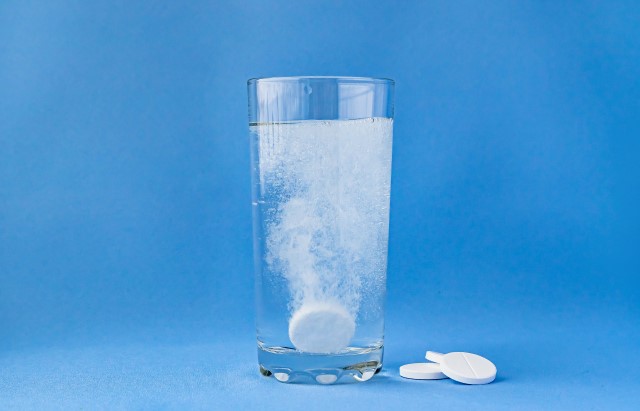Regularly taking paracetamol that contains sodium is linked to an increased risk of heart attack, stroke, heart failure and death, according to research published in the European Heart Journal.

Eating too much salt is an important risk factor for heart and circulatory conditions. Sodium, one of the main components of salt, is often used to help drugs such as paracetamol dissolve in water. Effervescent and soluble formulations of paracetamol can contain significant amounts of sodium in every tablet. If a person took the maximum daily dose of these types of paracetamol they would exceed the 2g maximum daily dose of sodium recommended by the World Health Organization.
Now, researchers from Central South University in China have found that regularly taking paracetamol containing sodium over a long period of time can increase a person’s risk of heart attack, stroke or heart failure, regardless of whether they have high blood pressure.
Regular use linked to increased risk
Researchers analysed data from nearly 300,000 people aged between 60 and 90 registered with UK GPs. Around half of the patients had high blood pressure and the other half did not. All were prescribed paracetamol by their GP - some were prescribed paracetamol containing sodium and others had been prescribed paracetamol without sodium. The researchers followed them up for a year.
In people with high blood pressure prescribed sodium-containing paracetamol, the risk of heart attack, stroke or heart failure after one year was 5.6 per cent and the risk of death was 7.6 per cent. In those with high blood pressure taking non-sodium-containing paracetamol the risks were 4.6 per cent and 6.1 per cent, respectively.
There were similar increases in risk in people without high blood pressure. At one year the risk of heart attack, stroke or heart failure was 4.4 per cent and the risk of dying was 7.3 per cent for those taking sodium-containing paracetamol. The risks for people prescribed non-sodium-containing paracetamol were 3.7 per cent and 5.9 per cent, respectively.
These risks also increased the longer people took sodium-containing paracetamol.
Occasional use not cause for concern
Professor Sir Nilesh Samani, our Medical Director, said:
“Eating too much salt can increase blood pressure. Cutting down on salt in our diets is an important way we can help to keep our blood pressure under control and reduce our risk of having a heart attack or stroke. However, this large analysis suggests that people who take some types of paracetamol may have inadvertently been consuming too much sodium, one of the main components of salt.
“One important limitation of this study is that we don’t know how much salt people were already consuming in their diets, as this was not captured in the data analysed. This means we don’t know whether there were any differences in salt consumption between the groups which could have affected their risk of developing a heart and circulatory condition or dying.
“It’s also important to remember that observational studies like these can only show an association, rather than prove cause and effect.
“This research looked at people who were taking effervescent and soluble paracetamol over a longer period. If you take paracetamol that contains sodium occasionally to manage an isolated headache or very short bouts of pain, these research findings should not cause unnecessary concern.”
Help us power life saving discoveries






